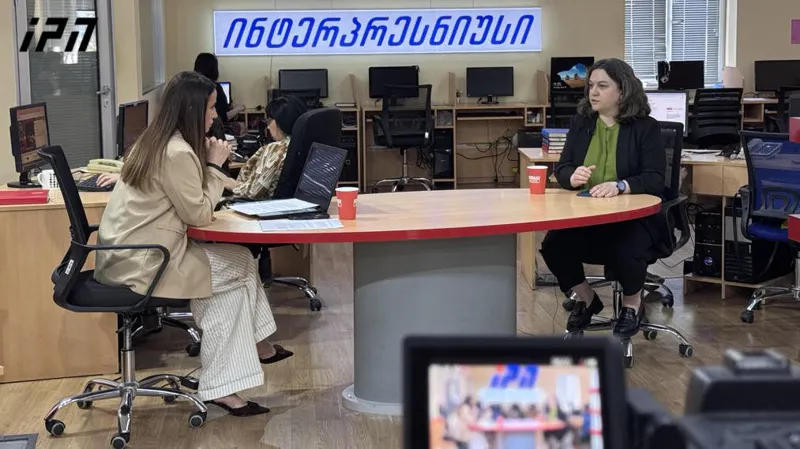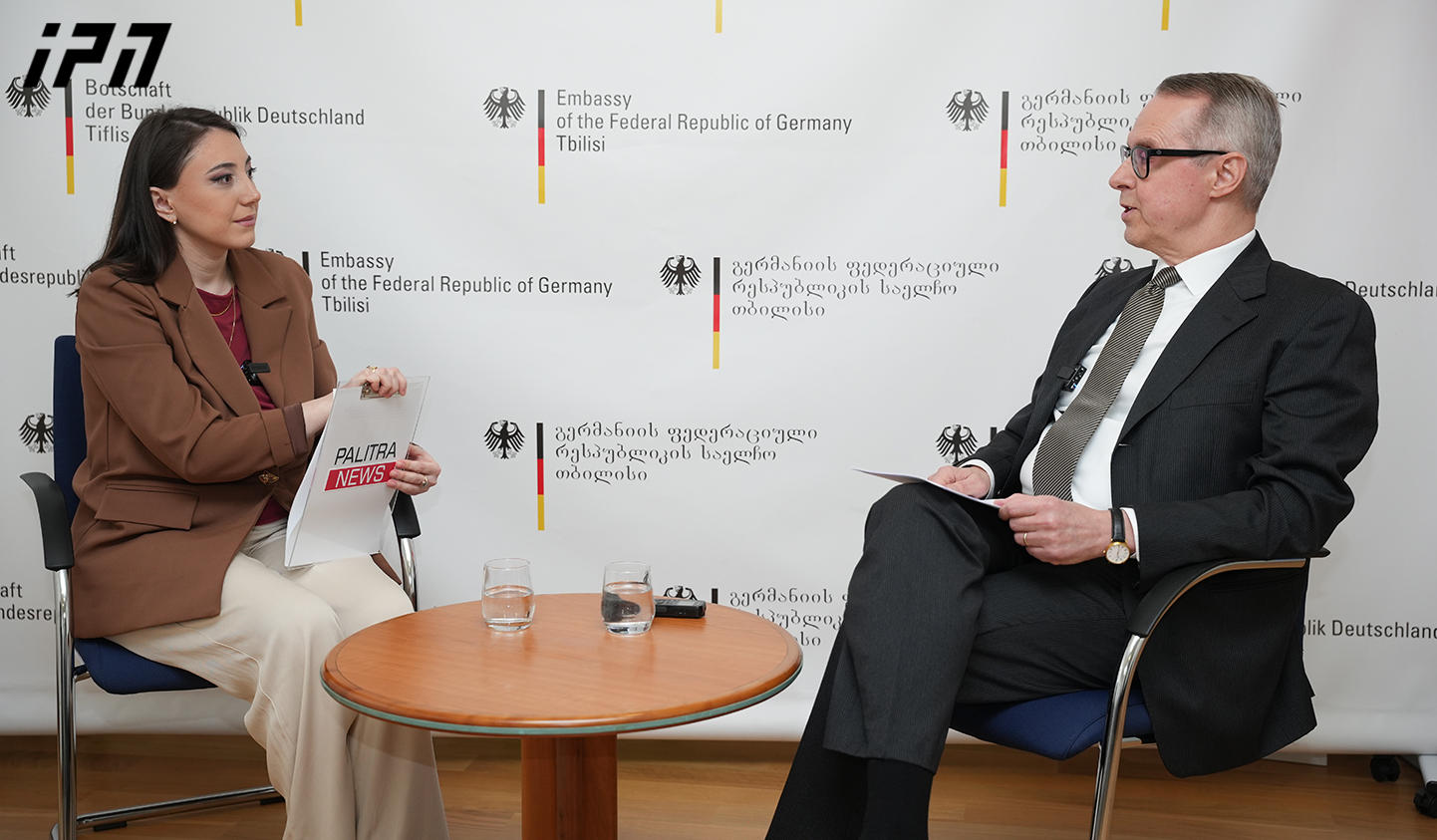Nona Kurdovanidze: The request for beneficiaries’ personal data is a manifestation of total control. There are laws that regulate the confidentiality of certain types of information, and beneficiaries fall under that category

"There are laws in Georgia that regulate which types of information must remain confidential and inaccessible to others, including information about beneficiaries," – said Nona Kurdovanidze, Chairperson of the Georgian Young Lawyers’ Association (GYLA), in response to the fact that the Anti-Corruption Bureau has begun enforcing the so-called “FARA law.”
As part of this process, several NGOs were asked to provide specific data, including information about their beneficiaries.
Speaking on PalitraNews’s program Day's Newsroom, Kurdovanidze stated that the “FARA” law adopted in Georgia is being used as a tool to target independent organizations, and therefore it cannot be considered identical to the American version of the law.
"They’ve started enforcing a law that is undemocratic and reflects different forms of the Russian model. As you know, in Georgia today, what representatives of Georgian Dream call a direct translation of the American FARA is in effect — but its implementation in Georgia is completely different from how it works in the U.S. That’s why we cannot say the law is identical — the political context and its intended use are both different.”
"From the beginning, it was clear that the goal of adopting this law in Georgia was to suppress civil society organizations, individuals, independent actors, and the media. So when people say it's analogous to the American law, we must also remember that in the U.S., this law is not used against NGOs. Its target in the U.S. is not independent organizations that receive funding based on their statutes and implement projects accordingly. In Georgia, however, the goal of this law is to go after independent organizations.”
Kurdovanidze also mentioned that amendments to the so-called “grant law” are in effect in Georgia, and based on those amendments, judge Rajden Kuprashvili is demanding specific information from certain organizations through court rulings.
“We [GYLA] haven’t yet received such a letter, but that doesn't really matter. Whether they approach five organizations today or three tomorrow – it doesn’t change anything. This process will eventually reach everyone!”
She emphasized that when the Anti-Corruption Bureau requests citizens’ personal and professional confidential information through court orders, “this is unequivocally illegal.”
“This is a manifestation of total control, the way they’re requesting information. It’s absolutely unlawful because Georgia has other specific laws that regulate the confidentiality of certain types of information, which should not be accessible to others. This includes information about beneficiaries.”
“For example, if a legal aid organization assists an individual, information about that person cannot be shared with anyone else. This is a basic guiding principle for any lawyer or attorney.”
Kurdovanidze further noted that:
"Rajden Kuprashvili claimed during a press conference that they hadn’t requested such information, but the court ruling — which itself is based on Kuprashvili’s appeal — clearly states that data about beneficiaries is being demanded.”
“In my view, the goal behind all of this is to obstruct the work of these organizations and undermine public trust in them, so that people stop relying on and reaching out to them."
Additionally, Kurdovanidze addressed recent cases in which citizens, politicians, and activists were fined for publishing public posts on social media. She said that punishing individuals or initiating legal proceedings against them for such expression is incompatible with constitutional norms and international human rights conventions.
“Freedom of expression is one of the oldest rights, and there are many well-established standards surrounding it. It’s truly astonishing how those standards are being misused. Especially the idea of treating political officials as special objects of protection — it’s absurd.”
"On the contrary, public figures — by agreeing to hold public office — must accept from the start that they could be subject to criticism. Language that they may not like might be used against them, and that’s entirely normal in a democracy.”
